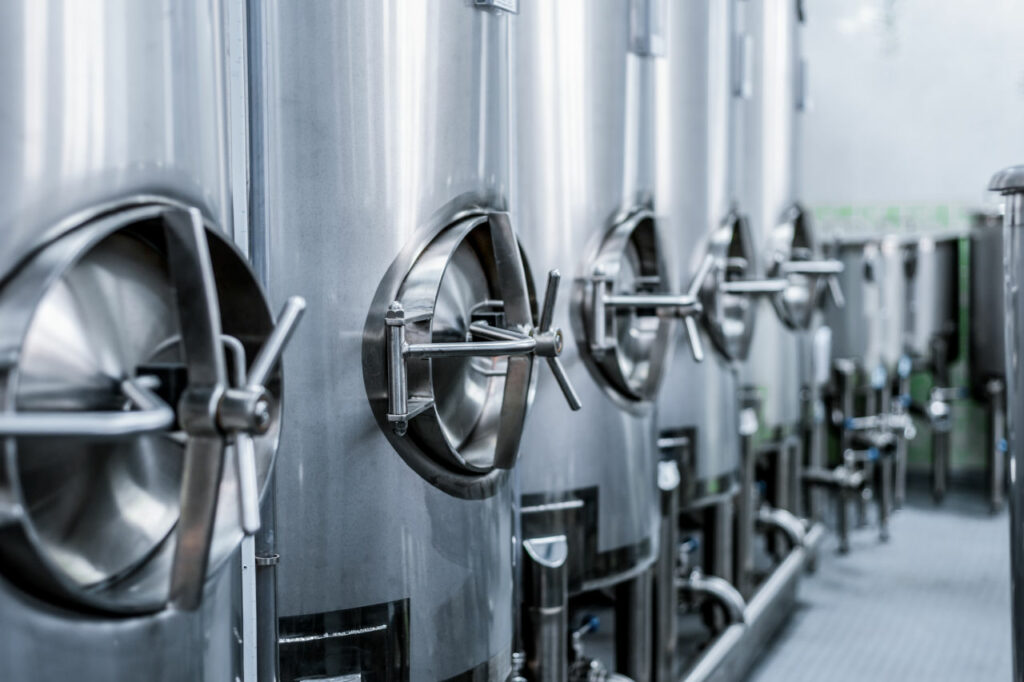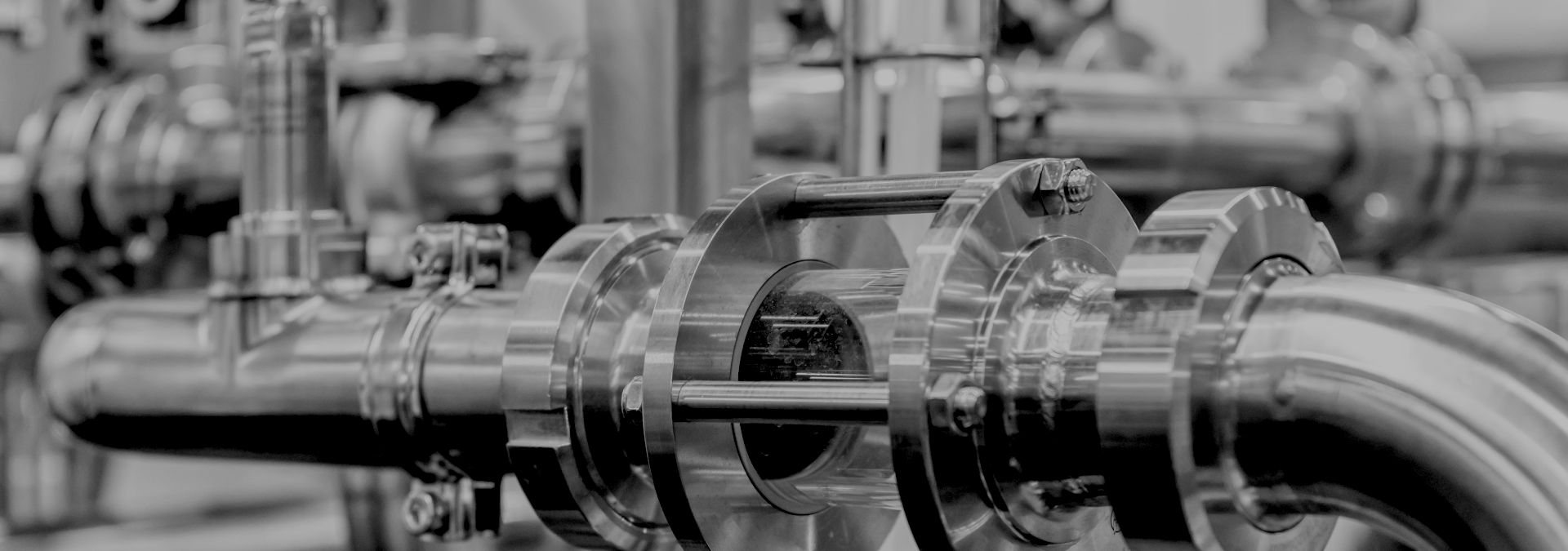Introduction
Across industries, stainless steel pipes are widely considered the industry leader when it comes to corrosion and oxidation resistance, aesthetics, and versatility of design. They offer superior strength and durability, making them ideal for use in a wide range of industries such as oil and gas, chemical and industrial, power and desalination, food and beverage, marine and shipbuilding, civil and municipal, as well as pharmaceuticals.
Stainless steel pipes are made from a corrosion-resistant alloy of iron, chromium, and other elements such as nickel or molybdenum. The most common type of stainless steel used for making pipes is austenitic stainless steel, which contains high levels of chromium and nickel. A stainless steel pipe stockist should have the requisite stainless steel pipes in the standard specifications for seamless and welded stainless steel pipes sourced from international manufacturers.
Regional Expertise
In over 40 years of service, Gerab National Enterprises have been the stainless steel pipe suppliers relied on by clients across critical industries throughout the Middle East for their most demanding applications. These include:
Oil and Gas
Stainless steel pipes are widely used in the oil and gas industry primarily for their excellent corrosion resistance and strength – onshore and off. They are ideal for transporting crude oil, natural gas, and refined products; and are used in various parts of the extraction and processing stages from up to downstream.
Water, Desalination, and Wastewater Treatment
Due to their resistance to a wide range of chemicals and their ability to withstand high pressures, stainless steel pipes are commonly used in water treatment plants for transporting water, sewage, and treated effluent.
Chemical and Petrochemical Industries
Stainless steel pipes are essential in these industries for their durability and resistance to heat and chemical corrosion. They are used for conveying various chemicals, acids, and gases. They are crucial in processes involving high temperatures and corrosive substances.
Construction and Architecture
Stainless steel pipes are used in the construction industry for structural support and as design elements in buildings and infrastructure. Their aesthetic appeal combined with strength make them a popular choice in modern architecture.
Food and Beverage

The non-corrosive and non-toxic nature of stainless steel makes it ideal for food and beverage processing industries. Stainless steel pipes are used for safely transporting liquids such as milk, cooking oils, and syrups; and are preferred for their ease of cleaning and maintenance, hygiene, and food safety.
Shipbuilding
In addition to the normal quality requirements for piping solutions, ships at sea have to address stringent considerations for space, weight, and corrosion resistance of materials, making stainless steel pipes the preferred alternative that meets these considerations.
Power and Utilities
In order to provide uninterrupted service, power and utility providers rely on the highest quality materials throughout their project lifespan.
Conclusion
Despite being relatively more expensive than other pipe system materials, stainless steel pipes can be the most appropriate pipe system material to use where pipe system integrity is not subject to compromise. In addition to their strength and corrosion resistance properties, their versatility of design, conformity to international standards, impermeability, and hygiene make them the preferred alternative in more specialized industries such as pharmaceutical, marine applications, and food and beverage. In addition, stainless steel pipes are 100% recyclable, making them ideal for applications sustainability and environmental considerations are factored into their overall useful life as pipe system solution materials.


